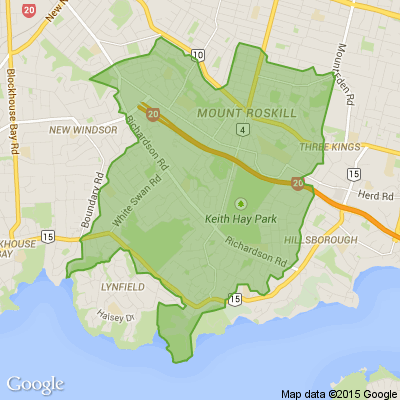ORTHOPAEDIC MATTRESS: A BED FOR ALL OR JUST A MARKETING HYPE?
Hi Neighbours,
Are you tired of waking up with back pain or feeling restless after a night's sleep?
If so, consider an orthopaedic mattress to improve sleep quality and well-being.
But the question arises, "Is an orthopaedic mattress good for everyone?"
We'll explore the benefits of orthopedic mattresses and help you decide if they're the right choice for your sleep needs.
Orthopaedic Mattress vs. Normal Mattress
The term "orthopaedic mattress" often sparks curiosity, and rightfully so. While it sounds like a specialised medical product, it's important to understand how it differs from a regular mattress.
Regular mattresses may be comfortable but might not provide enough targeted support for back pain or sleep posture.
Orthopaedic mattresses are designed to focus on aligning the spine and relieving pressure. They can help ease back pain, joint discomfort, and muscle tension, leading to healthier and more restful sleep.
Can Anyone Use an Orthopaedic Mattress?
You might wonder if orthopedic mattresses are exclusive to those with specific health conditions.
The truth is orthopaedic mattresses are designed to support your body's natural alignment.
It suits athletes, busy professionals, parents, or anyone who values good sleep. They are perfect for anyone seeking a more supportive and comfortable sleep surface.
Consider an orthopedic mattress if you want to wake up refreshed and pain-free.
What is an Orthopaedic Mattress, and How Does It Help Reduce Back Pain?
An orthopaedic mattress is not a gimmick; it's designed for orthopaedic health. It uses memory foam or latex to support your body's shape.
By aligning your spine, it reduces pressure on joints and muscles. This benefits those with back pain or arthritis. The support prevents sinking, avoiding discomfort.
Studies show it improves sleep quality and reduces back pain. Find the right firmness and type for your body and sleep preferences.
Beds4U: Your Destination for Orthopaedic Mattresses and Better Sleep
An orthopaedic mattress can be a game-changer for better sleep and back pain relief. It benefits anyone who values proper spinal alignment and comfort while sleeping.
The mattress focuses on supporting the spine and providing personalised comfort. It makes it valuable for all types of sleepers.
Whether you experience back pain or not, an orthopedic mattress can significantly improve sleep quality and overall well-being. It's a worthwhile investment for a healthier and more restful sleep experience.
At Beds4U, we understand the importance of a good night's sleep and offer a variety of orthopaedic mattresses to suit your needs.
Explore our collection of orthopaedic mattresses to find your perfect sleep companion today!

WOOLWORTHS REWARDS CARD
To the lovely man who kindly let me use his Woolworths rewards card - I was buying brandy snaps etc can you please message me, thank you very much.
You made a comment you'll be asked why you are buying brandy snaps.
Estelle
Poll: 🗑️ Would you be keen to switch to a fortnightly rubbish collection, or do you prefer things as they are?
Aucklanders, our weekly rubbish collections are staying after councillors voted to scrap a proposed trial of fortnightly pick-ups.
We want to hear from you: would you be keen to switch to a fortnightly rubbish collection, or do you prefer things as they are?
Keen for the details? Read up about the scrapped collection trial here.

-
85.3% Same!
-
14.7% Would have liked to try something different







 Loading…
Loading…




